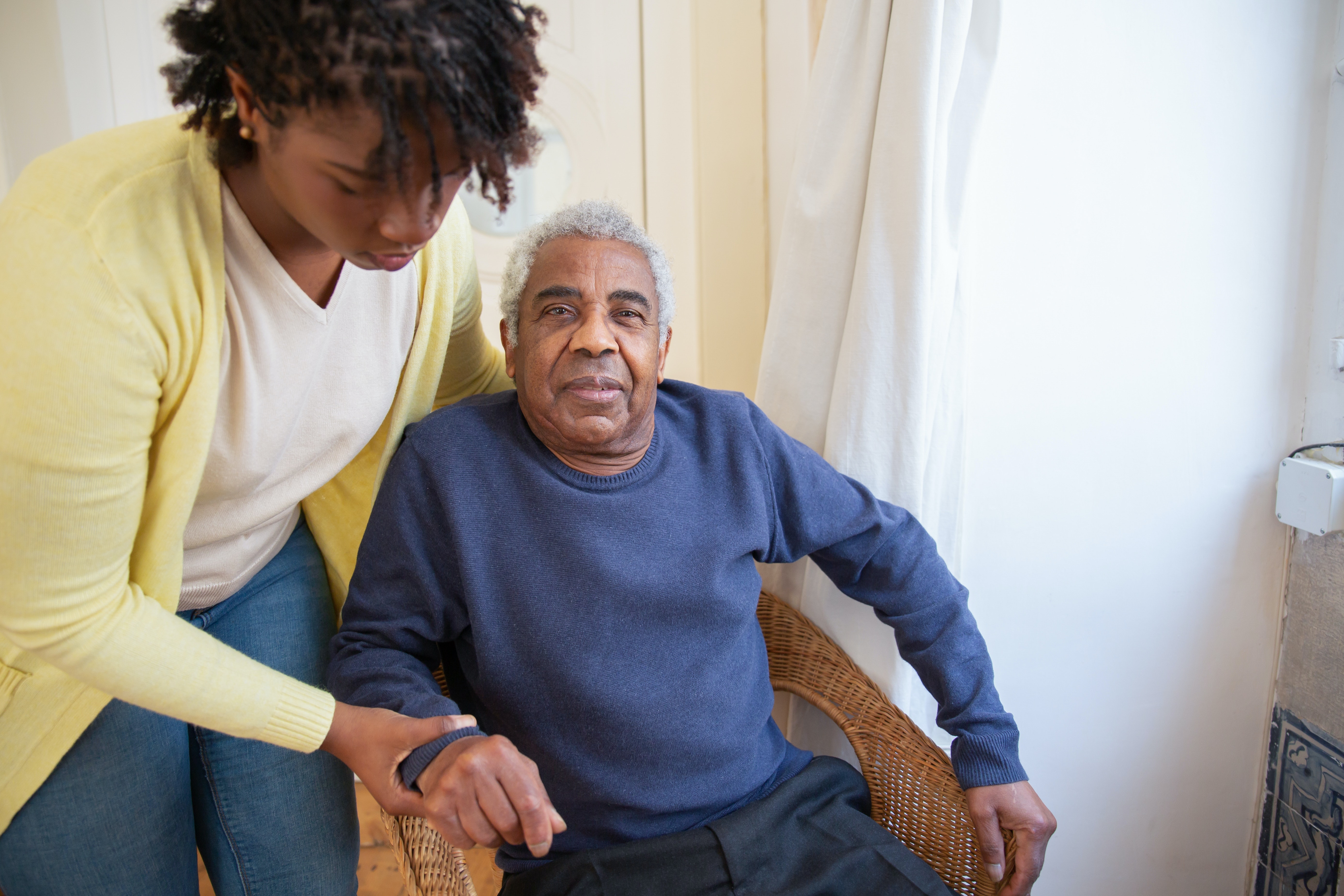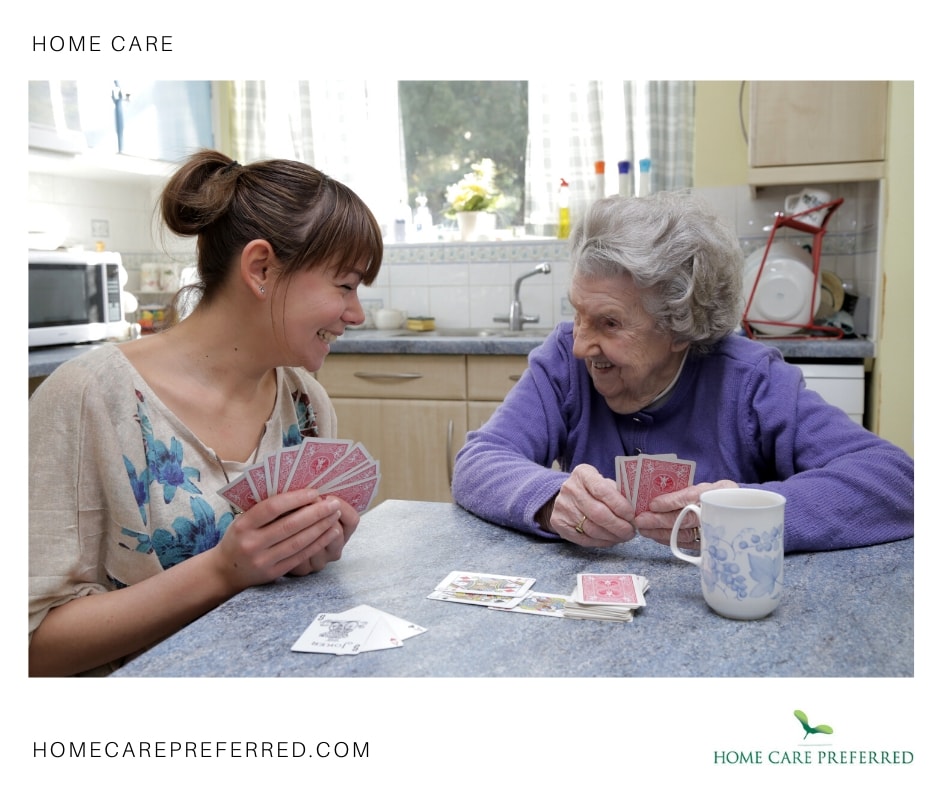
As loved ones age, families often search for care solutions that provide comfort, support, and dignity. Live-in care stands out as a choice that prioritises independence and personalised support. Unlike care homes, this option allows seniors to remain in their own space, surrounded by memories and familiar routines, while receiving round-the-clock assistance. This guide breaks down the many benefits of live-in care, explaining why it’s a preferred solution for senior care in the UK.
Maintaining Independence and Dignity
One of the greatest advantages of live-in care lies in its ability to preserve independence. Seniors value their freedom and want to make choices about their routines, hobbies, and environment
• Familiar Surroundings
Staying at home allows seniors to enjoy the comforts of their personal space. Familiar settings reduce stress and confusion, especially for those with conditions like dementia.
• Control Over Daily Life
With live-in care, seniors retain control over their schedules. They choose when to eat, what activities to pursue, and how their day unfolds, helping them feel more empowered.
• Flexibility to Suit Needs
Unlike care homes, live-in care adjusts to individual requirements. Whether it’s support with personal care, preparing meals, or engaging in activities, the focus remains on the senior’s preferences.
Building Emotional Wellbeing Through Companionship
Loneliness affects many older adults, especially those with limited mobility or who live far from family. A live-in carer provides companionship that fosters emotional wellbeing.
• One-to-One Support
The consistent presence of a carer creates a bond based on trust and understanding. This relationship ensures seniors feel valued and heard.
• Encouraging Social Engagement
Live-in carers encourage seniors to stay connected with family, friends, and the community. They support outings, phone calls, or video chats, ensuring meaningful interactions remain part of daily life.
• Reducing Stress
Knowing someone is always available to offer help and companionship eases anxiety for seniors and their families alike.
Personalised Care Tailored to Individual Needs
Every senior has unique needs, and live-in care offers the flexibility to address them.
• Health Monitoring
Carers provide consistent support for managing chronic conditions, monitoring medication schedules, and attending medical appointments.
• Diet and Nutrition Support
Live-in carers prepare nutritious meals tailored to specific dietary needs. They ensure seniors eat regularly and enjoy meals that promote overall health.
• Encouraging Activity
Physical activity supports mobility and mental health. Carers include gentle exercises, walks, or gardening in daily routines to keep seniors active.
A Cost-Effective Alternative to Care Homes
Many assume live-in care is more expensive than moving to a care home, but this isn’t always true. In fact, it often proves to be a cost-effective option, particularly for couples.
• Shared Support for Couples
Unlike care homes, where fees double for two residents, live-in care accommodates couples in the same home with one carer, reducing overall costs.
• Customised Packages
Live-in care services offer flexible pricing, based on the level of care required. This ensures families only pay for the support their loved ones need.
• Avoiding Relocation Costs
Staying at home avoids the emotional and financial toll of moving into a residential facility, preserving resources while ensuring high-quality care.
Ensuring Safety and Peace of Mind
Safety becomes a growing concern as loved ones age, particularly for those with mobility issues or cognitive challenges. Live-in carers prioritise safety while respecting the senior’s need for autonomy.
• Home Adjustments for Safety
Carers identify potential risks in the home, such as loose rugs or poor lighting, and take steps to minimise them.
• Emergency Readiness
Having a carer available 24/7 ensures quick responses to any emergencies, reducing risks and improving outcomes in urgent situations.
• Proactive Health Management
Live-in carers stay alert to changes in health or behaviour, addressing concerns early and preventing potential complications.
Promoting a Balanced Life for Families
Live-in care doesn’t just benefit seniors—it also provides invaluable support for their families.
• Relief from Caregiving Responsibilities
Family members often take on caregiving roles, which can become overwhelming. A live-in carer allows families to focus on spending quality time with their loved one without the stress of constant caregiving.
• Peace of Mind
Knowing a trusted professional provides care around the clock offers reassurance. Families feel confident their loved one remains safe and well cared for at all times.
FAQs
How do I find the right live-in carer for my loved one?
Research agencies that specialise in live-in care. Look for those with good reviews, proper training programmes, and experience matching carers to specific needs.
What happens if my loved one’s needs change over time?
Live-in care adapts as requirements evolve. Agencies work with families to adjust care plans, ensuring ongoing support that aligns with changing health or mobility.
Is live-in care suitable for seniors with complex medical conditions?
Yes, live-in care accommodates various needs, including those requiring specialised medical attention. Carers receive training to handle conditions like dementia, Parkinson’s, or recovery after surgery.

 Log in with Facebook
Log in with Facebook 









